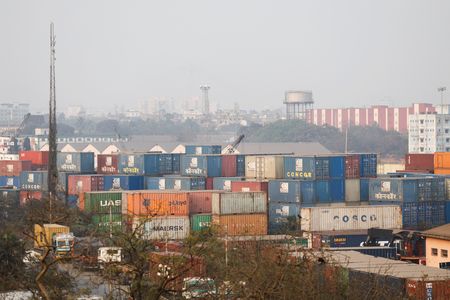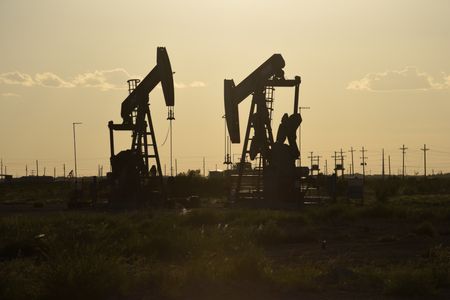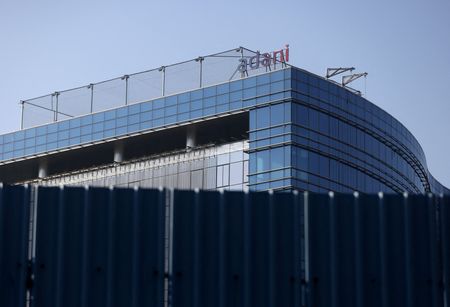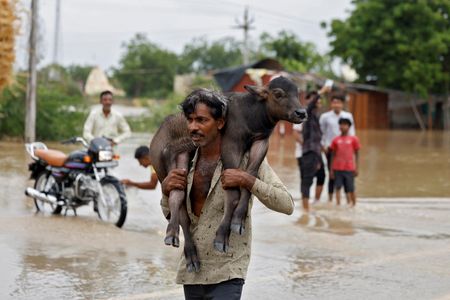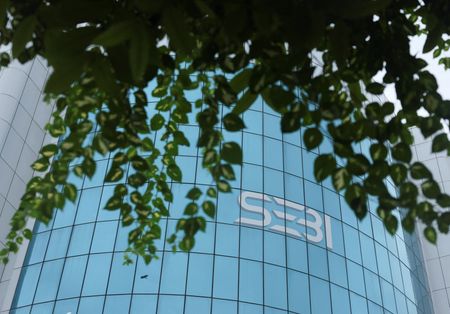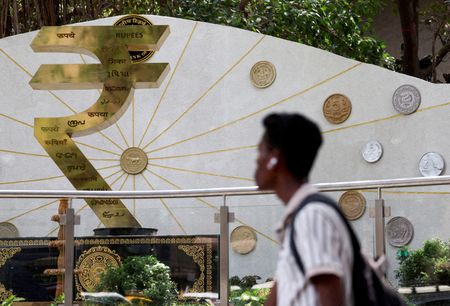By Manoj Kumar
NEW DELHI (Reuters) -India’s trade pact with four European nations, including Switzerland and Norway, will take effect from Wednesday, boosting exports of textiles, leather and food products while attracting investments, a government statement said.
Under the Trade and Economic Partnership Agreement, signed last March after nearly 16 years of negotiations, the European Free Trade Association – comprising Switzerland, Norway, Iceland and Liechtenstein – will cut tariffs on 92.2% of tariff lines for India, while New Delhi will offer concessions on 82.7% of tariff lines covering 95.3% of EFTA exports.
With a population of 13 million and combined GDP of more than $1 trillion, the EFTA nations are the world’s ninth largest merchandise trader and its fifth largest in commercial services.
The deal comes as Prime Minister Narendra Modi pursues a trade pact with the European Union and seeks an agreement with the U.S., after President Donald Trump doubled tariffs on Indian goods up to 50% from August 27 over Russian oil purchases.
The agreement with EFTA goes beyond goods and services, aiming to attract foreign direct investments in India of $100 billion over 15 years and to create one million jobs, the commerce ministry said.
India has protected its sensitive sectors such as dairy, soya, coal and sensitive agricultural products.
India is the EFTA’s fifth-largest trading partner after the European Union, the United States, Britain and China, with total two-way trade touching $25 billion in 2023, according to government estimates.
The pact is also expected to spur Swiss investment as it slashes tariffs on exports from chocolates to watches and machinery.
India’s nearly $4 trillion economy, 1.4 billion-strong market, and annual growth of about 7% have attracted European firms seeking alternatives to China, amid U.S. tariff pressure.
India expects its firms to benefit from the pact, with no change in effective duty on gold imports and protections retained for sensitive sectors such as pharmaceuticals, medical devices, and key farm products, the statement added.
(Reporting by Manoj KumarEditing by Ros Russell)

